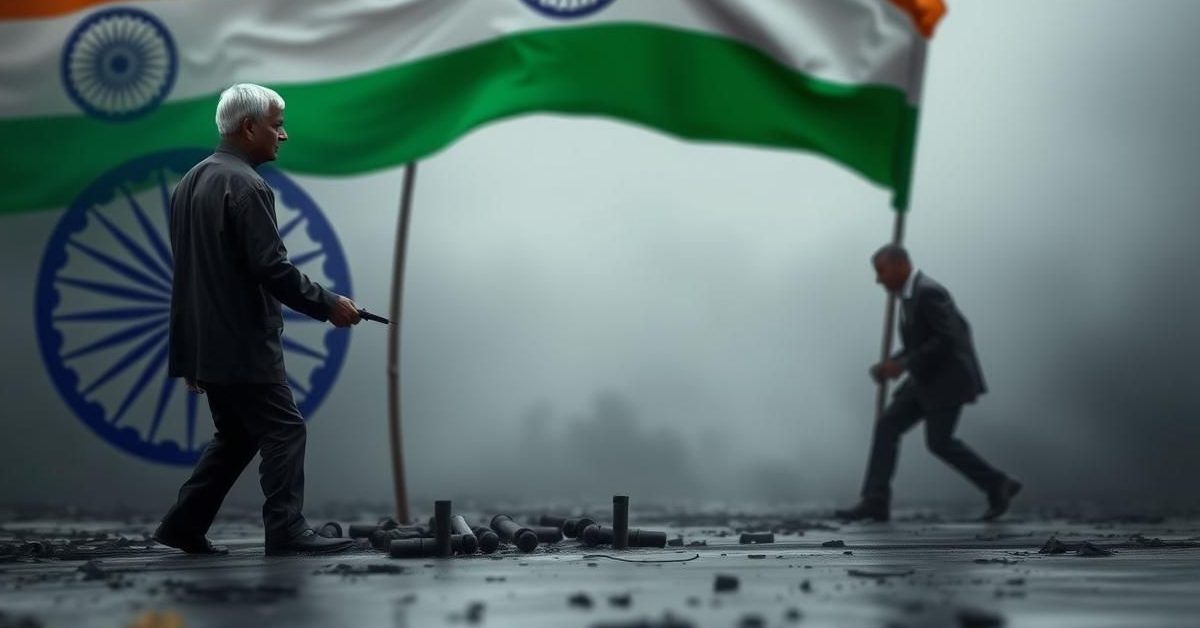The National Stock Exchange’s derivatives market recently experienced a significant drop in turnover, revealing its surprising reliance on a US-based firm, Jane Street, which was recently banned by the market regulator.
The Derivatives Market Takes a Hit
The National Stock Exchange (NSE) saw its equity derivatives turnover plummet by nearly 21 percent on a recent Thursday. This sharp decline happened immediately after the Securities and Exchange Board of India (SEBI) took action against Jane Street, a prominent US trading firm.
The total turnover in the derivatives segment fell from ₹605.23 lakh crore to ₹476.39 lakh crore, a significant drop of over 21 percent. This stark decline highlights just how deeply this single player was embedded in the market’s daily operations.
Why Jane Street’s Absence Matters
Jane Street was a dominant force in the derivatives segment, known for its aggressive trading strategies. SEBI’s interim order accused the firm of using manipulative practices, particularly during the expiry of index derivatives. Their consistent trading patterns raised serious questions about the integrity of the market.
Market experts now anticipate further drops in turnover in the coming weeks. This is because one of the most active participants, responsible for a large volume of trades, is no longer operating in the Indian market.
SEBI’s Alarming Findings
SEBI’s investigation, which covered trades from January 2023 to March 2025, revealed striking figures. Jane Street’s profits from index options alone reached an astounding ₹43,289.33 crore during this period.
While the firm incurred some losses in other segments like stock and index futures, their net profit stood at an astonishing ₹36,502.12 crore. The regulator found that Jane Street allegedly manipulated the BANKNIFTY index, a key component of India’s banking sector, through complex and illegal methods.
Unpacking the Manipulation
The market watchdog identified two unauthorized proprietary trading strategies allegedly used by Jane Street: “Intraday Index Manipulation” and “Extended Marking the Close.” These sophisticated tactics were reportedly powered by the group’s “immense trading, financial, and technological prowess.”
These methods allowed the firm to generate vast “unlawful gains.” As a direct consequence of these findings, SEBI has ordered the impounding of ₹4,843.57 crore from the firm, representing a portion of the profits made through the alleged manipulative trading.
- NSE’s equity derivatives turnover dropped 21% following Jane Street’s ban.
- The ban exposed the market’s significant reliance on the US-based firm.
- Jane Street was accused of manipulating key index derivatives, including BANKNIFTY.
- SEBI’s investigation found the firm made over ₹36,502 crore in alleged “unlawful gains.”
- The regulator ordered the impounding of ₹4,843.57 crore from the firm.
This strong action by SEBI sends a clear message about market integrity, but it also raises important questions about how much influence a single trading firm can wield over such a crucial financial segment.














